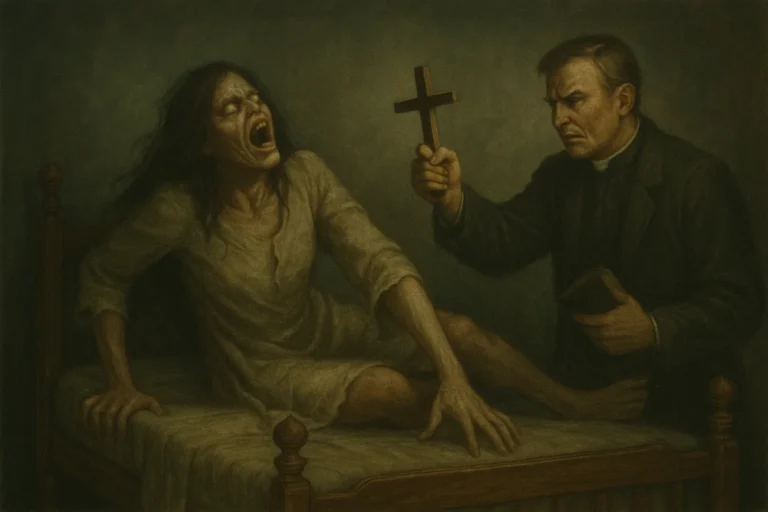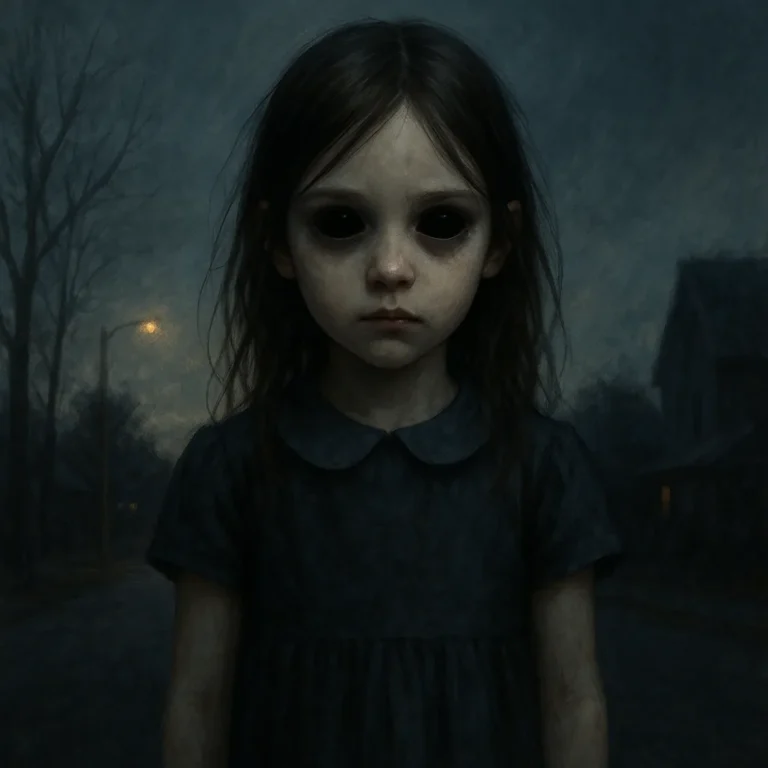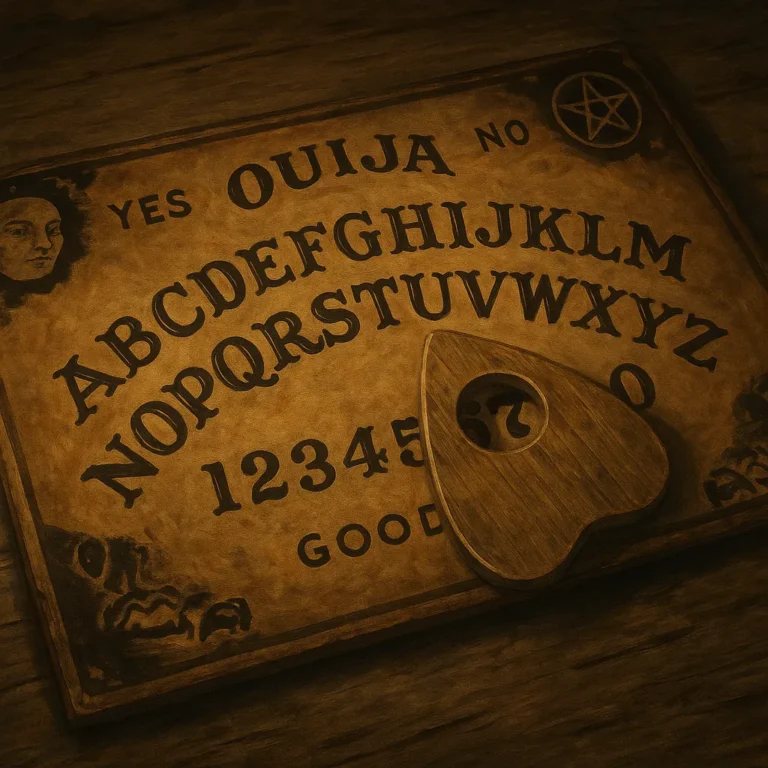Reincarnation Cases: Echoes from a Life Once Lived

Imagine your child turns to you one day and says, “When I was older, I lived in a house with red shutters near the ocean. My name was James. I died in a crash.” At first, you think it’s just a game — the way kids sometimes blur dreams and reality. But then the details keep coming. The names. The places. Even the emotions.
And then you find out someone named James actually did live in that house. And yes — he died in a crash.
Cases like these aren’t just the stuff of movies or imagination. Around the world, people — often young children — report vivid, detailed memories of lives they’ve supposedly lived before. Names, dates, towns, languages they were never taught. Sometimes they recall family members or specific events that were later verified to be accurate.
Could it be coincidence? Or is there something more to this idea of life after life?
📚 Documented Accounts That Challenge Belief
One of the most famous researchers into reincarnation is Dr. Ian Stevenson, a psychiatrist from the University of Virginia. Over the course of 40 years, he investigated more than 2,500 cases of children who claimed to remember past lives. He didn’t just collect stories — he applied strict documentation and verification to each claim.
In many of these cases, the children began speaking about their past life between the ages of two and five. They often spoke with emotional intensity, and in some instances, displayed knowledge or behaviors that seemed out of place. Some children even carried birthmarks or physical deformities that corresponded with wounds or injuries from their supposed former deaths.
One case involved a boy in India who claimed he had been murdered in a past life. He led his parents to the village he said he was from, identified his previous family, and even recalled where his body had been buried. According to Dr. Stevenson’s notes, the case was later verified, and a body was indeed found at the location the child had described.
You can explore some of Stevenson’s research through the Division of Perceptual Studies at UVA, which continues his work today.
🧠 Memory or Mystery?
Skeptics argue that many reincarnation claims can be explained by suggestibility, overheard conversations, or outright fabrication. Young children, especially, are known to be imaginative and influenced by adults around them. It’s easy, critics say, to connect the dots in hindsight.
But not every case fits so neatly into that explanation.
Some children recall obscure or distant lives — in different countries or cultures — that they seemingly had no exposure to. In a few cases, they’ve demonstrated linguistic skills or regional dialects that surprised even their families. When tracked down, the information they gave matched real people and real events. These children often feel an emotional connection to their past life families, and the reunions, when they happen, are often tearful and strange.
Of course, memory is tricky. The human brain is notoriously vulnerable to suggestion and error. But what if — just what if — these memories aren’t fabricated at all?
🕯️ Signs Beyond Memory
Some believers in reincarnation suggest that it’s not just memory that carries over between lives, but personality traits, phobias, or even talents.
Take the case of Cameron Macaulay, a Scottish boy who, from the age of two, insisted he had lived in a white house on the island of Barra — hundreds of miles away from his current home. He spoke of a black-and-white dog, an old-fashioned car, and a father who had died by being hit by a car. His parents, intrigued and slightly alarmed, eventually took him to Barra.
To their astonishment, they found a house matching his description — once owned by a family with a dog just like the one Cameron described. A member of that family had indeed died in a car accident. Though skeptics remain unconvinced, the case left many wondering: how could a young boy know these details without ever having been there?
Other children have displayed unexplained abilities — musical talent, advanced reading, or unusual knowledge of historical details — far beyond what would be expected for their age or background.
Is it simply precociousness? Or something carried over from another time, another self?
🔄 Faith and Rebirth Around the World
Belief in reincarnation isn’t new — nor is it isolated to fringe ideas. It’s a central tenet of major religions like Hinduism, Buddhism, Jainism, and certain sects of Sikhism. In these traditions, the soul is seen as eternal, moving from body to body in a cycle of birth, death, and rebirth — samsara — until spiritual liberation is achieved.
But reincarnation beliefs aren’t confined to Eastern spirituality. In early Christian history, some sects — like the Gnostics — accepted the idea of soul rebirth, though the concept was later rejected by mainstream doctrine. Indigenous cultures from the Americas to the Pacific islands also contain stories of ancestral spirits returning in new forms.
So why does this idea resonate across so many cultures?
Maybe because it offers comfort — the possibility that death isn’t the end. That we carry forward, learning and growing across lifetimes. Or perhaps it reflects something buried deep in our subconscious — a connection to something, or someone, we can’t quite explain.
🔍 Searching for Proof
Modern science has no definitive explanation for reincarnation. Neuroscience points to the brain as the seat of consciousness, and most researchers reject the idea of a “soul” as unprovable. But the sheer number of reincarnation cases — especially those investigated under strict, academic conditions — keeps the conversation alive.
Dr. Jim Tucker, a child psychiatrist who continues Stevenson’s work, has documented American cases with similar patterns: young children describing past lives, with names and facts that later check out. His book Return to Life examines several of these stories, including a child who recalled details of being a World War II fighter pilot — including the name of the ship, the aircraft type, and even a friend’s name. All were verified.
Still, mainstream psychology leans toward more conventional explanations: false memory, fantasy-prone personalities, or a cultural desire to find meaning in the unknown. But even some skeptics admit — there are cases that simply can’t be explained away.
Could these memories be more than echoes of imagination?
🌀 The Soul’s Long Journey
Reincarnation stories challenge our understanding of identity, consciousness, and death. They ask us to consider that maybe we’ve all been here before — walking different paths, living different lives, all part of something much larger than we can fully grasp.
Whether you believe in the idea of past lives or see them as metaphorical truths, the stories themselves have undeniable power. They touch something deep in us — a sense of déjà vu, of unfinished business, of distant memories just out of reach.
Perhaps, in the end, the question isn’t if reincarnation is real. It’s why so many people, from so many places and times, feel like they’ve lived more than once.




